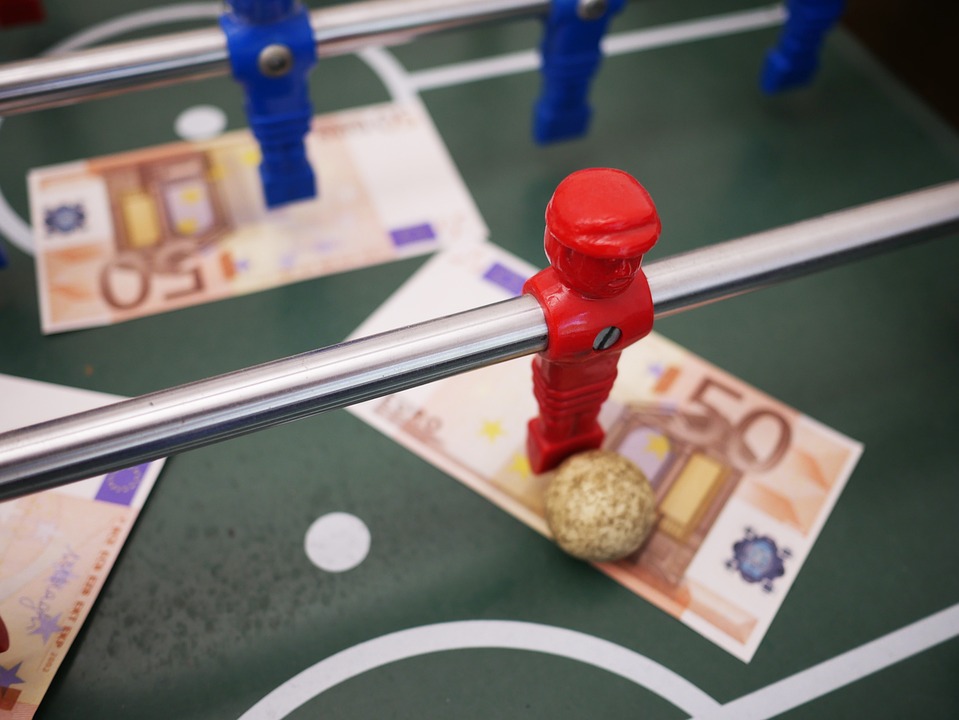There’s a certain kind of tension that hits when you’re watching that little red plane climb. You’ve placed your bet, your finger’s twitching over the cash-out button, and your brain’s already imagining both the win and the facepalm. Welcome to the Aviator game – equal parts nerves, timing, and “just one more round” energy.
It’s easy to think there’s some magic trick to it. But in reality? There are smart ways to play and there are ways to crash and burn – pun intended. This isn’t about beating the system. It’s about flying smart.
The 1.5x Strategy: The “Play It Cool” Approach
If you’re the type who doesn’t mind small wins stacking up, this one’s your bread and butter.
You set your auto cash-out at 1.5x and let the game do its thing. The payout isn’t huge, but you’re not hanging out in the danger zone either. It’s low risk, low reward – but it gives you time to enjoy the game without watching your balance nosedive.
Think of it like sports betting on a favorite to win. It’s not flashy, but it’s steady.
The Two-Bet Move: Hedge Like a Pro
Here’s where it gets fun.
You place two bets at once. One has a conservative auto cash-out at around 1.3x – that’s your safety net. The second bet, though? That’s your wildcard. You let it run longer, aiming for 3x or higher.
This way, one bet covers your base while the other one shoots for the moon. It’s a great balance between caution and excitement, especially if you’re trying to stretch your balance over a longer session.
Fibonacci Betting: Yes, That Sequence from School
Remember the math lesson you swore you’d never use again? Well, it just might come in handy here.
The Fibonacci sequence – 1, 1, 2, 3, 5, 8, and so on – is used to calculate your next bet after each loss. Lose a round? Move to the next number in the sequence. Win? Step back two.
It’s a slower climb than Martingale (we’ll get to that), and less likely to burn through your balance in five minutes. Still, it needs discipline. Don’t lose track of where you are in the sequence – or your limit.
Martingale: Not for the Faint of Wallet
This is the one you’ve probably heard about. Double your bet after each loss and hope that a single win brings it all back.
Sounds nice in theory. But in practice?
- It escalates fast.
- It demands a large bankroll.
- And it doesn’t forgive long losing streaks.
If you’re playing with limited funds, this is the equivalent of going all-in pre-flop with a 7-2 off-suit. Risky business.
How It Compares to Live Betting
If you’ve ever bet live on football, you already know the adrenaline hit of watching something unfold in real time. The Aviator game feels similar – but instead of reading player stats or predicting match momentum, you’re just deciding when to cash out before the plane crashes.
Here’s the kicker:
- Aviator is all about reaction time. You’re making snap decisions based on gut and timing.
- Live betting leans on data. You’re analyzing, reacting to subs, red cards, weather changes – real-world chaos.
Both are exciting. Both can leave you fist-pumping or facepalming. But the skill sets are different. Aviator’s a sprint. Live betting? That’s more of a tactical midfield battle.
Not Just About the Game
While Aviator’s taken off (pun intended again), let’s not forget the bigger picture. Smart gamblers – whether on crash games, roulette, or match betting – always have one thing in common: control.
South Africa, Nigeria, and Ghana are seeing major shifts in online gaming. More players are joining in, mobile tech’s getting faster, and platforms are offering bonuses like clockwork. But all that accessibility? It comes with responsibility.
Set a budget. Know when to stop. And don’t fall for the myth that there’s some secret code or pattern. There isn’t. It’s timing, planning, and knowing your limits.
The Best Strategy? Fly Smart
Look, the Aviator game isn’t some deep puzzle waiting to be cracked. It’s fast, fun, and frustrating – but that’s part of the game.
- Play small, especially if you’re new.
- Mix risk with safety if you want variety.
- Track your spending. Always.
And above all else? Know when it’s time to walk away. Because in games like this, sometimes the best win is keeping your balance intact.
